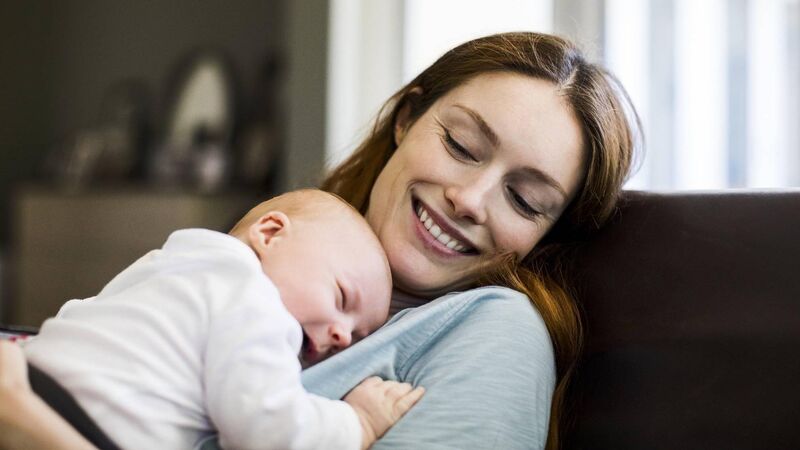After Chelsea Conaboy gave birth to her first child, she felt unmoored — like there was something wrong with her.
“I felt something was different in me. I had this really intense hyper-vigilance in my first weeks as a mother. I didn’t have words to describe what was happening. Not only was I worried about my son’s wellbeing and my capacity to be a good mother, I was worried about the worry.
Already a subscriber? Sign in
You have reached your article limit.
Subscribe to access all of the Irish Examiner.
Annual €130 €80
Best value
Monthly €12€6 / month
Introductory offers for new customers. Annual billed once for first year. Renews at €130. Monthly initial discount (first 3 months) billed monthly, then €12 a month. Ts&Cs apply.
CONNECT WITH US TODAY
Be the first to know the latest news and updates










